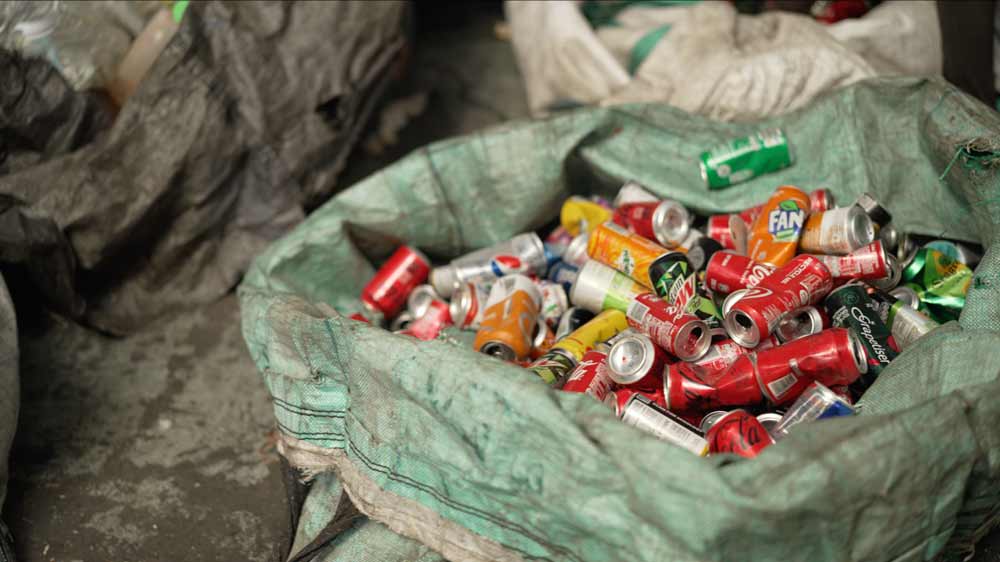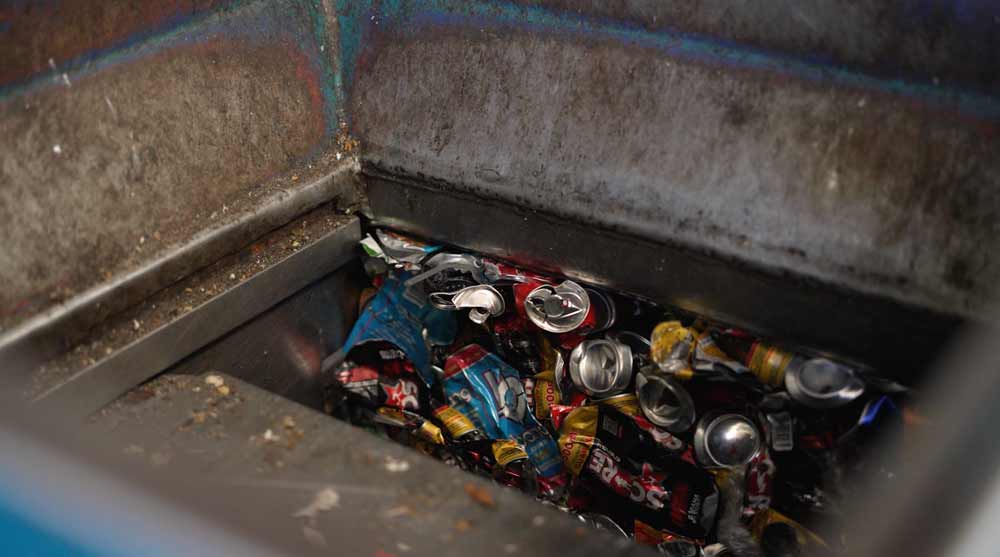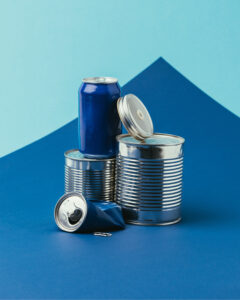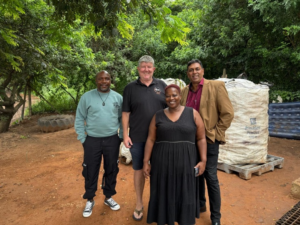Durban, 16 April 2025. MetPac-SA, the Producer Responsibility Organisation (PRO) for metal packaging in South Africa, has announced significant progress in achieving, and in some cases, exceeding the Government’s Extended Producer Responsibility (EPR) targets set by the Department of Forestry, Fisheries and the Environment (DFFE) for Year 3 of implementation.
Now entering its fourth year under the EPR regulations, MetPac-SA has strengthened its position as a key player in the local circular economy by advancing recycling rates, improving data management tools, and supporting inclusive and sustainable development initiatives.

“We are immensely proud of the progress made in Year 3. These results reflect the metal packaging industry’s commitment to environmental stewardship and the power of collaboration between producers, government, and communities,” said Dr Kishan Singh, CEO of MetPac-SA. “Our achievements clearly demonstrate that when producers are held accountable and given the right tools, meaningful progress is possible.”
A Vital Sector for South Africa’s Green Economy
The metal packaging sector, comprising aluminium and tinplate (ferrous) substrates, plays a vital role in the South African economy. It includes local producers, brand owners, manufacturers of filled and empty packaging, and importers of both packaging and raw materials.
The industry operates under three core supply models for aluminium packaging, i.e. conversion from imported raw material, importation of filled products, and local manufacture using locally available aluminium. In contrast, tinplate packaging faces more complex challenges, with raw material no longer supplied locally and therefore fully dependent on imports.
Despite these challenges, the industry continues to respond to growing consumer demand for sustainable packaging and increasing legislative pressure to reduce environmental impact.

Performance Highlights: Exceeding Government Targets
Using its newly developed advanced data dashboard, MetPac-SA consolidated member declarations and post-consumer recovery data to track real-time progress and identify opportunities for improved collection and recycling.
Key EPR performance outcomes for 2024 (Year 3) include:
- Aluminium Used Beverage Cans (UBCs) – Representing 54% of declared tonnage:
- Recycled Content: Target 32% | Achieved 47%
- Collection Rate: Target 66% | Achieved 77%
- Recycling Rate: Target 33% | Achieved 61%
- Energy Recovery/Exports: Target 33% | Achieved 75%
- Tinplate (Ferrous) – Representing 43% of declared tonnage:
- Collection Rate: Target 58% | Achieved 61%
- Recycling Rate: Target 55% | Achieved 63%
MetPac-SA also tracks key performance indicators against “aluminium other” packaging (aerosols, foil, pie trays, etc.) which represents approximately 3%, by tonnage, of its member’s annual declarations. MetPac-SA’s performance in this category did not meet EPR targets due to inherent post-consumer collection challenges, signalling an area of focus for EPR Year 4.
According to Dr Singh, “Our success with aluminium UBC cans and tinplate recycling shows that the right strategic partners have been selected, and the right post-consumer packaging collection systems are in place. We remain committed to continual improvement across all metal packaging streams.”
Driving the Circular Economy through Innovation and Partnerships
MetPac-SA’s enhanced data systems are now being used for trend analysis and scenario planning, allowing more informed and responsive strategy development for future EPR compliance.
Other notable achievements include:
- Student research campaign involving 28 students from five South African universities, contributing to both skills’ development and consumer insights. Actions stemming from the recommendations are currently in progress targeting completion by Q4 of 2025.
- Municipal engagement through the PRO Packaging Alliance in areas like Saldanha and Swellendam, which led to the creation of 10 temporary jobs and improved collection infrastructure.
Looking Ahead: Scaling Impact and Integration
In its fourth year of implementation, MetPac-SA is prioritising:
- Waste Picker Integration: Led by Dr Singh, the organisation is actively involved in formalising the national registration and service fee structures of waste pickers through SAWPRS 2.0.
- Municipal Support: Expanding cooperation with local authorities to improve collection networks and infrastructure.
- Enterprise Development: Promoting community-led recycling projects to support small businesses.
- Advanced Data Analytics: Leveraging digital tools to enhance reporting, monitoring, and impact measurement.
“We are committed to a truly inclusive circular economy that benefits all South Africans. By investing in people, data, and partnerships, MetPac-SA will continue leading the charge towards a cleaner, more sustainable packaging industry,” Dr Singh concluded.




